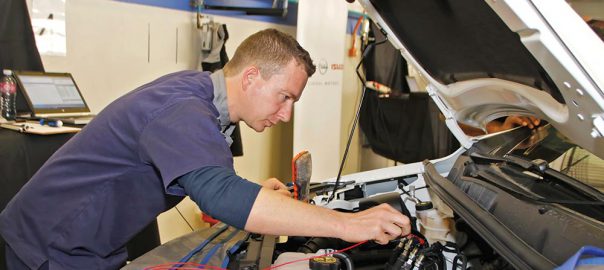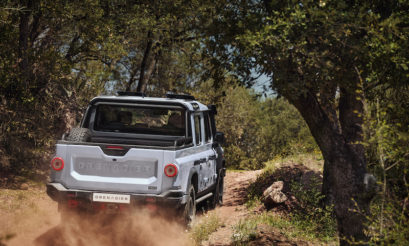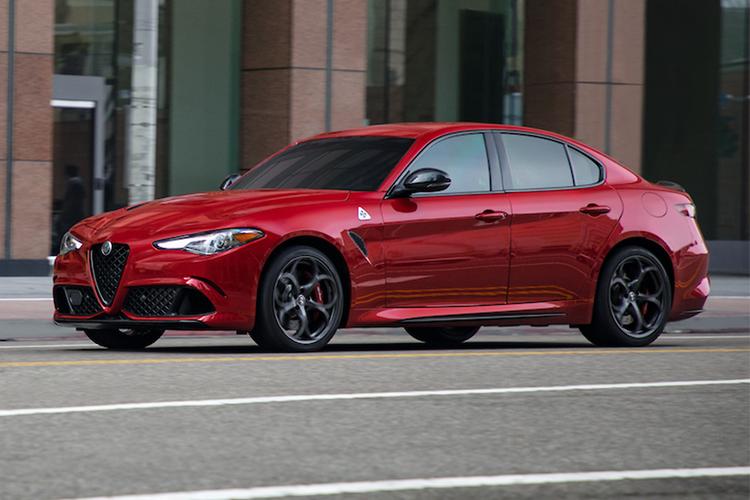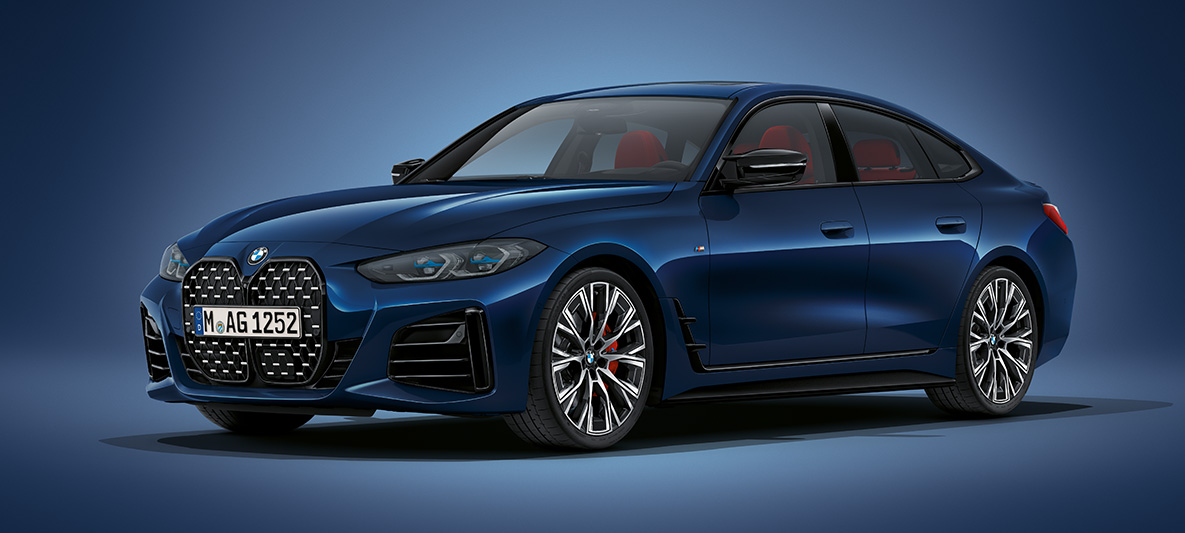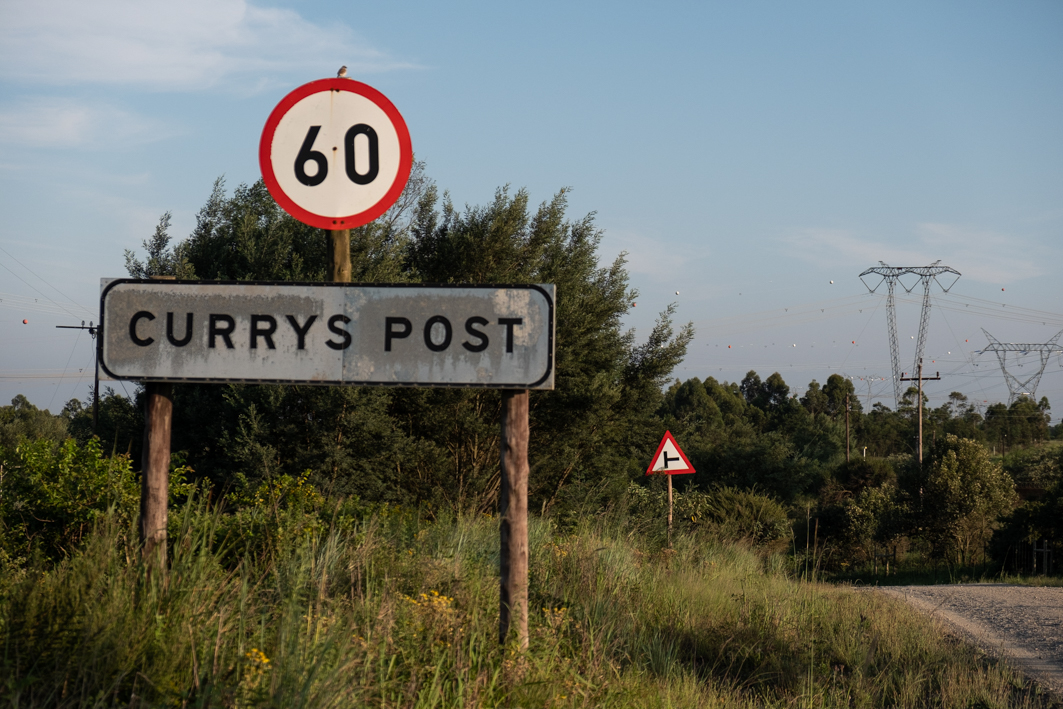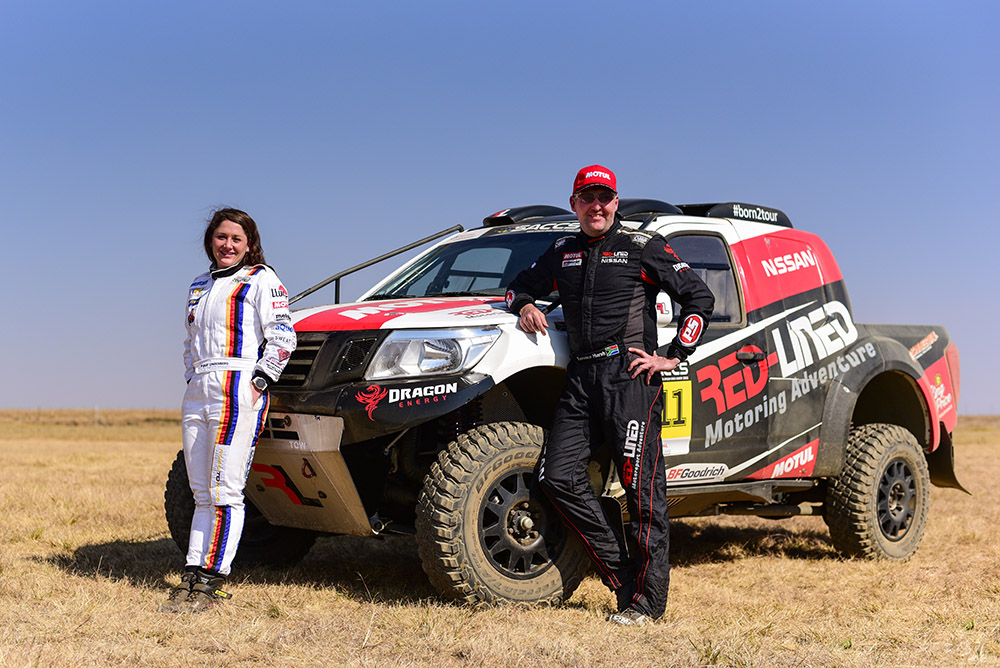When it comes to large SUVs and 4×4s, diesel engines are quite popular. But is an oilburner necessarily the best choice when buying used?
While petrol powerplants remain popular in the compact SUV segment, diesel tends to dominate in the full-size SUV and bakkie segments. The bakkie market in particular is almost exclusively diesel these days. But there is still a place for petrol. When it comes to the Land Cruiser 70-Series, for example, petrol remains popular. So, which engine should you opt for? Is an oilburner truly the obvious choice? Here are the pros and cons of both petrol and diesel.
Consumption
A major reason for the recent popularity of diesel is fuel efficiency. There is no denying that a modern turbodiesel can provide an impressive combination of economy and performance. A modern oilburner can provide decent power and excellent torque while sipping less than 10 litres of diesel per 100km. A burly old V6 petrol mill can’t compete. It might be able to provide a similar amount of power, but it can’t deliver the same levels of torque, and it certainly can’t deliver the same sort of fuel efficiency. With this in mind, it’s important to consider how much driving you will do. If you’re going to be driving thousands of kilometres every month, an efficient diesel probably makes more sense.
Application
It’s worth considering what sort of driving you’ll be doing in your 4×4. A V6 petrol mill, like the one you’ll find in a Cruiser bakkie, offers linear power delivery and is happy with high revs. For this reason, a lot of people prefer a petrol 4×4 for dune driving, since the way it delivers its power is great when tackling long, steep dunes. If you want to play in the sand, a powerful petrol is definitely worth looking at. However, if you’ll be doing a lot of towing, the torque offered by a turbodiesel could make life much easier, so it really depends on the application you have in mind.
Price
With the popularity of diesel, and the added cost of a turbo engine, you’ll often find that the petrol version of a particular vehicle is significantly cheaper than the diesel derivative. This means that you might be able to secure a bargain, provided you’re happy with the performance on offer from the petrol model. Sure, fuel consumption will be higher, but you might find that, even with the increased fuel use, the total cost of ownership could be less. A R50 000 saving will allow you to buy quite a bit of fuel. Do your sums carefully and figure how much fuel you’re likely to use every month.
Reliability
Buying used is not the same as buying new. When buying a used vehicle, you need to consider reliability more carefully. A turbo-diesel is great (and probably very reliable) when new, but what happens after 150 000km? When buying a vehicle with a lot of kilometres on the clock, it is probably safer to buy a naturally aspirated petrol model. An engine like this is less complicated and operates under less pressure, so it’s a safer buy. That said, a used turbodiesel can be reliable, provided it has been looked after well and regularly serviced. The toughest engine you can probably buy, by the way, is a naturally aspirated diesel (as in the Cruiser 70-Series). If you want to travel from Cape Town to Cairo, this is probably the engine to opt for, but remember that it is underpowered and quite thirsty.
Servicing
As mentioned, the naturally aspirated petrol engine is a less- complicated piece of technology than a turbodiesel, so it tends to be cheaper and easier to service. A petrol mill can save you some money in terms of total cost of ownership. A turbodiesel engine also has some big-ticket items that can be expensive to replace, especially that eponymous turbocharger. Once again, you shouldn’t assume that a turbodiesel will necessarily break down, but have it carefully inspected before buying. Buying a vehicle with a solid service history is always a good idea.
